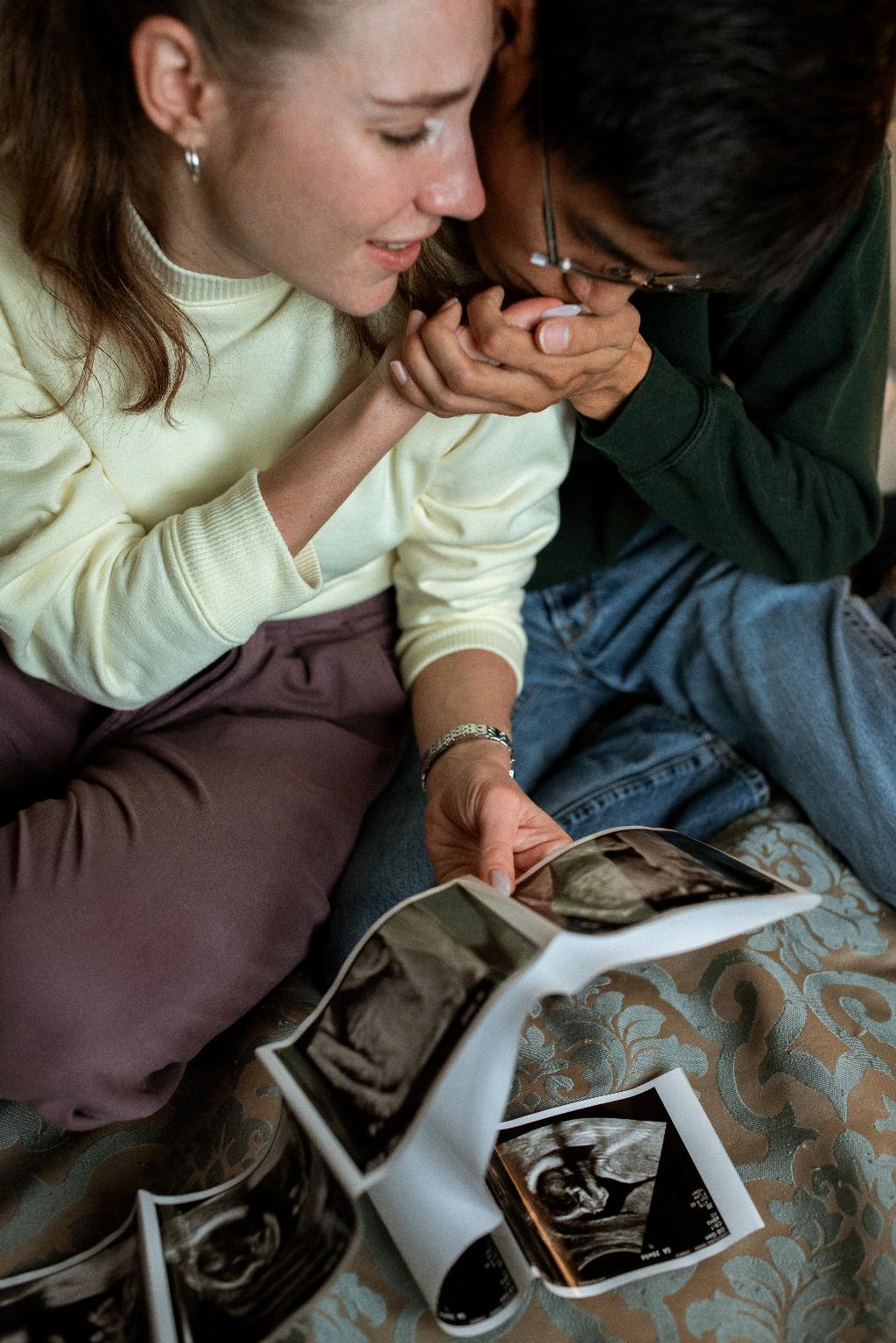During pregnancy, it’s natural for your body to go through a variety of changes as it accommodates the growing baby. One common change that many women experience is fluctuations in appetite. These changes can vary from person to person and even from one pregnancy to the next. But when does appetite loss typically occur during pregnancy?
First Trimester Aversion
Most women find that changes in appetite, including loss of appetite, often occur during the first trimester of pregnancy. This initial stage typically spans the first 12 weeks of pregnancy. It’s during this time that symptoms like food aversion, nausea, and vomiting tend to be more common.
Early Symptoms
While every woman’s experience is unique, many report noticing a decrease in their appetite early on in the pregnancy. The combination of hormonal changes and physical discomfort can lead to a lack of interest in food or even aversion to certain types of foods.
Influence of Hormones
Hormones play a crucial role in regulating appetite and digestion, and during pregnancy, these hormonal fluctuations can impact your eating habits. The surge in hormones like estrogen and progesterone can affect the way your body processes and reacts to food.
Physical Discomfort
Aside from hormonal changes, physical discomfort associated with pregnancy can also contribute to a loss of appetite. Symptoms like morning sickness, heartburn, and indigestion can make the thought of eating less appealing, leading to reduced food intake.
Psychological Factors
It’s not just physical changes that can impact your appetite during pregnancy. Psychological factors such as stress, anxiety, and mood swings can also play a role in how hungry you feel. Emotional upheavals can lead to fluctuations in appetite throughout the different stages of pregnancy.
Metabolic Shifts
As your body works hard to support the developing fetus, your metabolic rate increases. This adjustment can affect your appetite and eating patterns. Some women may find that they feel hungrier than usual, while others may experience a decrease in appetite.
Individual Variations
It’s important to remember that every woman is different, and there is no one-size-fits-all answer to when appetite loss may occur during pregnancy. Some women may notice changes in their appetite early on, while others may not experience any significant changes until later in the pregnancy.
Consulting Your Healthcare Provider
If you have concerns about your appetite or eating habits during pregnancy, it’s always advisable to consult your healthcare provider. They can provide personalized guidance and advice based on your individual circumstances and medical history.
Monitoring Your Nutrition
While fluctuations in appetite are common during pregnancy, it’s essential to monitor your nutrition and make healthy choices for you and your baby. If you’re struggling to eat due to appetite changes, focus on nutrient-dense foods and stay hydrated to support your overall well-being.
Listening to Your Body
Remember to listen to your body and its cues during pregnancy. If you’re experiencing a loss of appetite, try to eat small, frequent meals throughout the day and focus on foods that are appealing to you. Trust your instincts and prioritize your health and well-being.
Conclusion
In conclusion, appetite changes, including appetite loss, are common during pregnancy, with many women experiencing these shifts during the first trimester. Understanding the factors that can influence your appetite and consulting your healthcare provider can help you navigate these changes and ensure you and your baby are well-nourished throughout your pregnancy journey.

